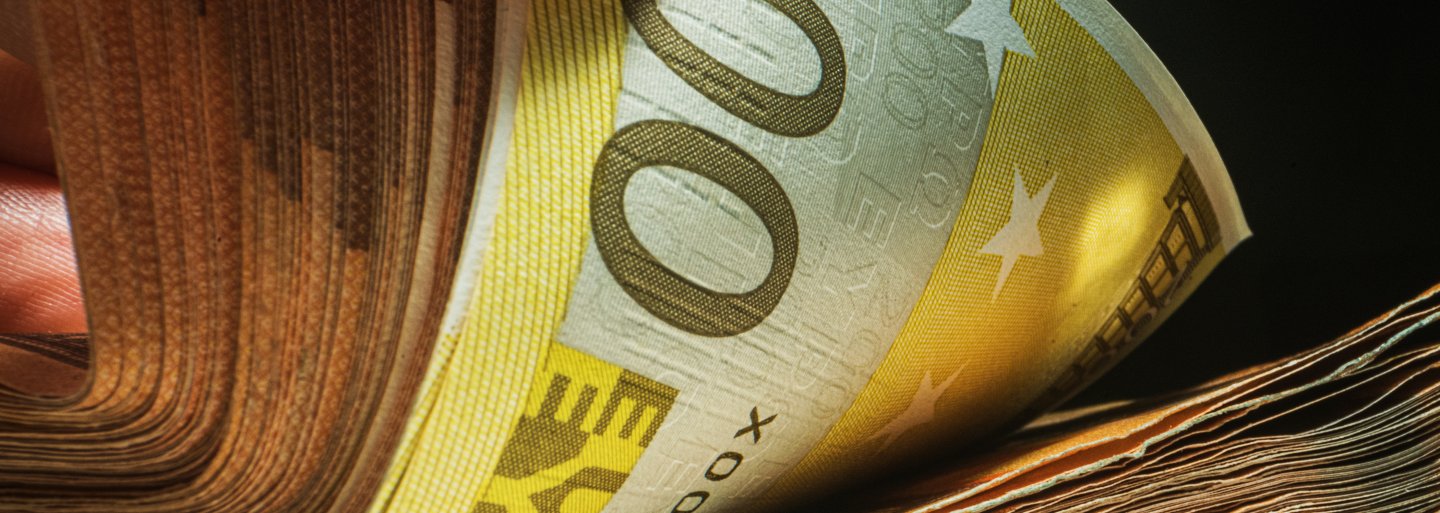
The title may sound like a bogus question – but it is far from it. What many people do not know is that cash payments are prohibited or restricted between businesses in many cases. And even fewer people know that cash payments over a certain threshold are subject to the full rigour of money laundering regulations.

In today’s world of online cash registers, POS terminals, online invoices and instant bank transfers, one of the last chances of fraudulous players is to pay cash instead of the traceable electronic means of payment. It is therefore understandable that the state has a particular interest in reducing the volume of cash transactions as much as possible.
This can already be seen in everyday life, as most retailers have had to offer electronic payment since 1 January 2021. Private customers, of course, can still choose to pay in cash, but for business-to-business transactions, the rules are much stricter.
When it is not allowed at all
Those who trade in excise goods are, by default, not allowed to purchase or sell such goods for cash at all. These include alcoholic beverages and tobacco products, but also, for example, fuel. There are, however, exceptions to this rule: most importantly, authorised traders of excise goods can sell products to private individuals for cash.
When it is allowed, but only in moderation
Perhaps more familiar than the above is the so-called cash payment limit. This is capped at HUF 1.5 million per month and per contract, i.e., businesses cannot use cash payment in their transactions above this amount. The term “business”, however, should be understood in a broad sense, as it includes not only companies, but also sole traders and even private individuals subject to VAT. However, the limit only applies to cash purchases linked to business activities, not to private purchases.
A common way of circumventing the rule is for parties to “split” payments – but this is not advisable. The practice followed by the tax authority and the courts sees through such type of arrangements and aggregates all payments where a series of payments can be effectively linked to the same agreement.
The penalties for exceeding this limit are not insignificant either, as the tax authority may impose a default penalty on both parties to the transaction. The amount of the penalty is 20% of the amount paid or accepted in excess of the limit.
Special rules for related parties
If cash payments are made in transactions between related parties, a reporting obligation applies. In such cases, the buyer must notify the tax authority of cash payments exceeding HUF 1 million within 15 days of the date of payment. However, this does not apply to private buyers either, who are not engaged in business activities.
Failure to comply with the reporting obligation may also entail a default penalty.
(Cash) money laundering
Even in an ordinary banking transaction you will be asked to fill in a number of money laundering statements. Such rules also apply to service providers who may encounter signs of money laundering on the “front line”: lawyers, casinos or art dealers, for example.
But what is less well known is that these regulations must also be taken into account by any wholesaler or retailer who accepts cash of at least HUF 3 million. In fact, traders can only accept cash payments of this amount if they agree to apply the rules on money laundering and register with the authorities.
This is a rather heavy administrative burden, as it requires essentially the same customer due diligence that is used by banks, and suspected cases of money laundering must be reported. In addition, the authorities have very broad powers to take action if these obligations are not met: traders can ultimately be fined up to HUF 400 million (!).
The examples above may show that the state is doing its utmost to ensure that payments are electronic – and thus traceable – wherever possible. Of course, cash can still be accepted most of the time – but in most cases it is no longer really worth it.




